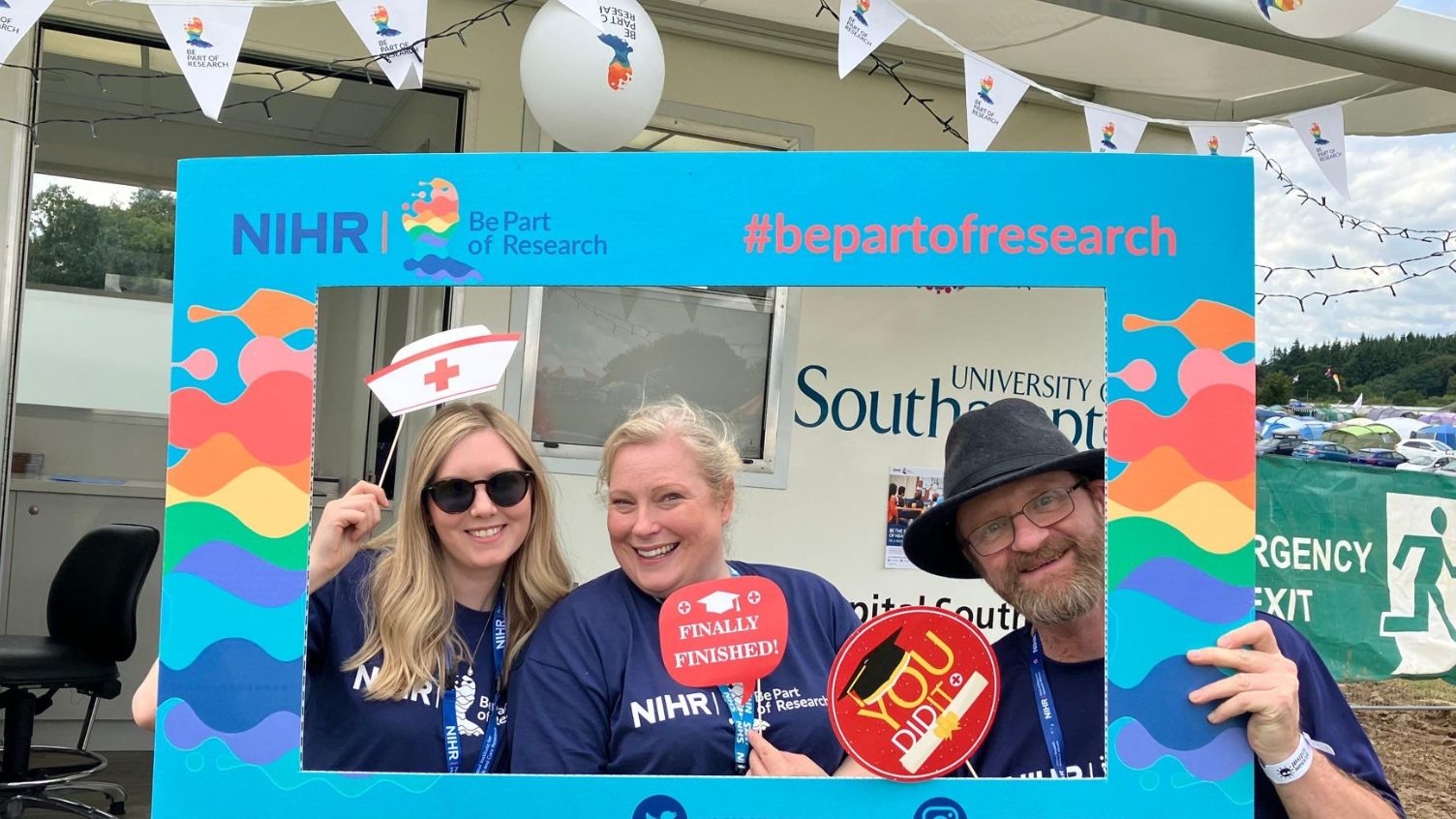Your Path in Research - Penelope Welbourne
- 3 November 2022
- 2 min read
Penelope Welbourne is Specialty Research Lead for Social Work in the NIHR Clinical Research Network South West Peninsula, and Associate Professor in Social Work at the University of Plymouth.
For Your Path in Research, Penelope answered a few questions on her research background, why research is important and the benefits of making research part of a career in social work.
When did you first get involved in research as part of your career?
My first ever piece of research was the dissertation for my MA in Child and Family Law, which was written up for publication in the British Journal of Social Work. In 2000 I moved jobs and roles from being a practitioner to an academic, and research became part of my everyday work.
How did you become involved in health and care research within social care?
I have been doing research in different fields, mostly related to children and families and socio-legal issues. I became interested in the way people with learning disabilities and other capacity issues were engaged with by the legal system, and my engagement in adult social care research grew from there.
Why did you get involved in research?
Firstly, to study relevant law and improve my practice, then because there were things I wanted to know more about that I thought merited research.
What do you enjoy about working in health and care research?
It is essentially a problem solving exercise, and I enjoy working with others in problem solving - and it is very rewarding to find answers.
How can research benefit/add to your career in social care?
Through making your understanding of what you do deeper, and the role more interesting, and maybe help to secure a specialist role in an area you feel passionate about and confident in your expertise.
Why do you think health and care research is important?
To give people the best service, and ensure needs are recognised.
What are your hopes for your career in research?
To find out something that makes a real difference to others.
Why is it important more people become involved in delivering research in social care?
Research has to be collaborative, and include people in different roles through the whole of the social care system, including people who use services, to understand the issues better.
What impacts have you seen research make in social care?
Awareness of problems such as the impact of lack of realistic participation in decision making has a profound impact on people's engagement and the effectiveness of interventions, especially interventions in family life. Research has led to more openness and better participation for children and families.
What would you say to someone thinking of starting a career in research?
Just try it! Find a way of being involved in research at whatever level is possible for you right now. If it is not for you, you will still have learned something useful, but the chances are you will be enthused by the possibilities it offers and want to do more.


